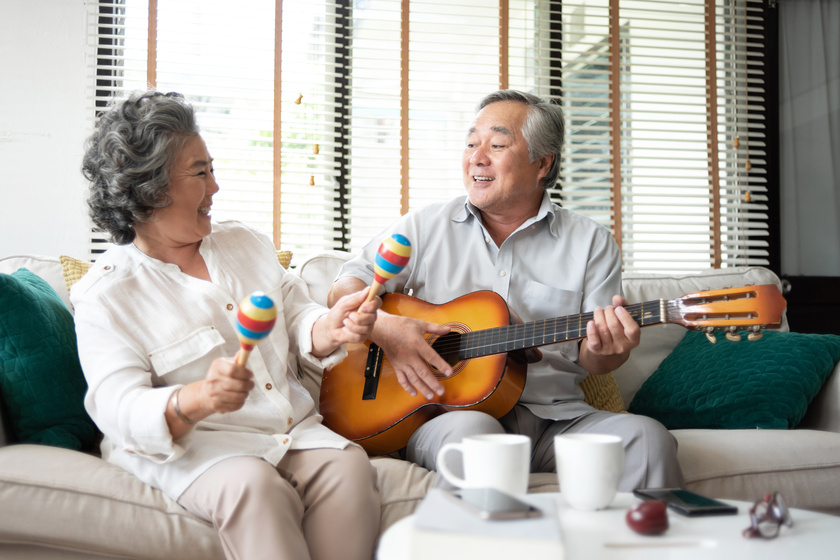As older adults continue to relish the joys of life even in retirement, they must ensure that their minds and bodies are not kept idle. But how important is it really for older adults to stay active and social? We have all heard before that it’s important, but how does it benefit us? Well, social activities have a large impact on your well-being and the absence of it can take a toll on our health. Here are the health benefits of staying physically and mentally active as well as some fun seniors activities you can participate in.
Improved Cognition
Social activities can help sharpen memory. Having conversations and establishing social networks with others serve as forms of exercise for the brain. They keep the brain working and agile. Older adults who remain socially active are found to possess a lower risk of cognitive decline that could lead to related diseases like dementia and Alzheimer’s.
Better Emotional Health
When involved in activities with other people, you will feel more connected to the outside world. Such engagement boosts self-esteem and wards off isolation and loneliness. By being a part of events and activities for older adults such as interest groups, classes and field trips, it can help improve your mood. The connections you make here may also serve as lasting support groups.
Better Sleep
People who lead a sedentary lifestyle generally face more difficulty getting quality sleep. But worry not, as after a good day of activities where you get your brain and/or body working, you will have a restful and peaceful night of sleep. For physical exercise, the temperature fluctuations that occur before and after the workout helps your body enter REM sleep quicker.
Reduced Stress
It gets harder to stay social with age. We are hindered by mobility issues, absence of a support system or lack of confidence or energy. Having a group of friends and joining events together gives older adults a sense of belonging and purpose, which in turn produce positive emotions like happiness which combat the onset or effects of stress.
Better Mobility
Being active physically can improve your body’s range of motion. Going for regular walks can help prevent stiffness in joint mobility. Additionally, if you join a local walking club, you can meet new people and get to have fun walking with your newly made connections! Else, you can simply grab a friend or neighbor to go for a walk together. Exercise is always a good chance for you to remain socially engaged.
Recommended Activities
Due to reduced flexibility and mobility, the range of physical activities that older adults can partake in are slightly lesser than that of other age groups. But at the end of the day, it depends on the physical condition of each individual, so do evaluate yourself or speak to your doctor before committing to any forms of exercise. Usually, stretching exercise on chairs, yoga, tai-chi, Zumba and golf are all popular exercises amongst older adults. As for activities that are more cognitive based, popular ones include art classes, concerts, board games and gardening.







